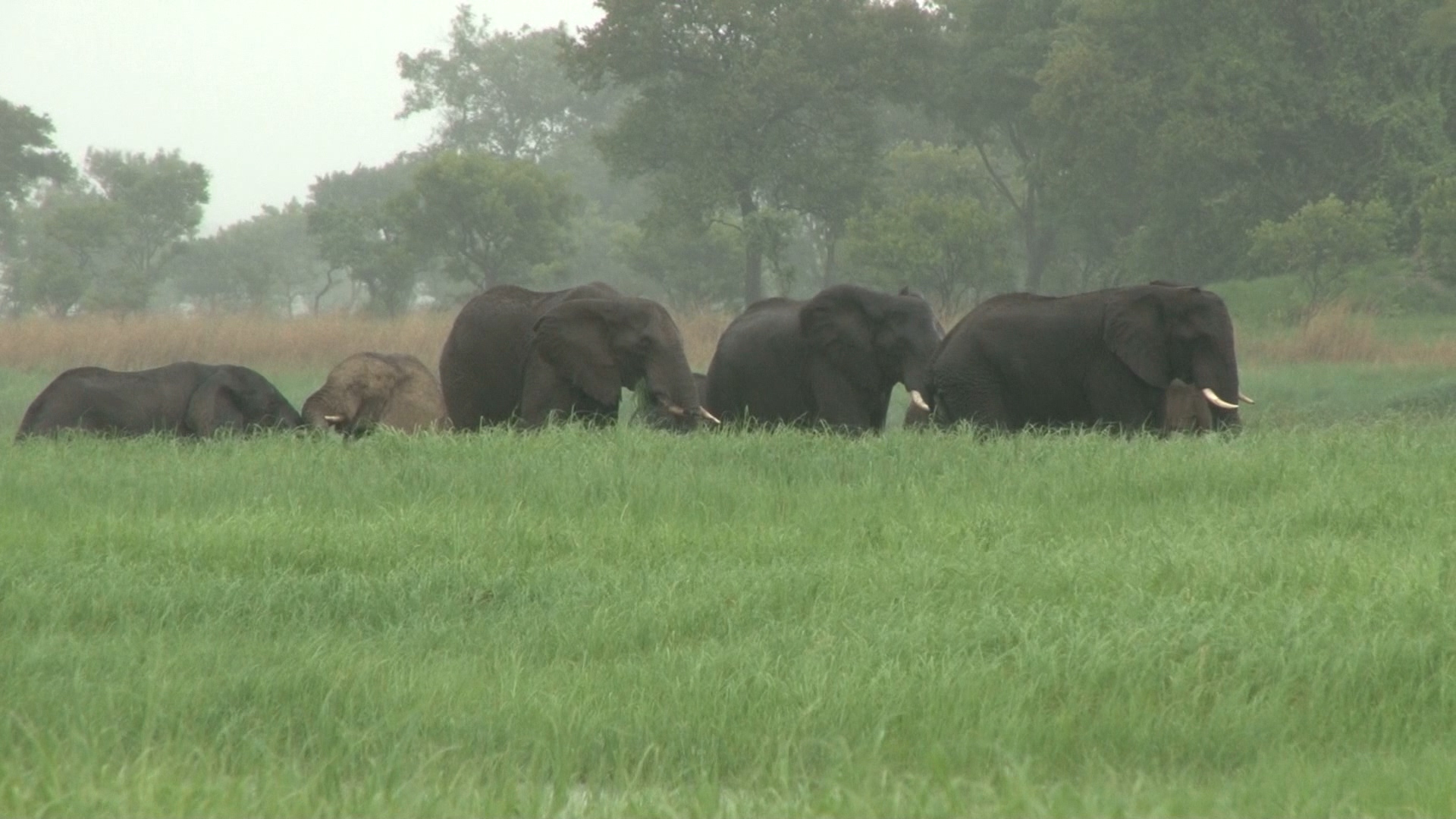Some years ago Professor Alpheus Zulu responded to the call to make isiZulu the language of instruction at the University of KwaZulu- Natal by saying that this could not be done because isiZulu lacked the required vocabulary for such an endeavour.
I wonder if the same cannot be said of language as it is deployed in the environmental space.
Take, for example, the word “environment. Its ordinary meaning is extraordinarily broad, ranging from the surroundings or conditions in which a particular living organism exists, to Mother Nature as the earth goddess Gaia.
Legal definitions of environment also differ widely from country to country. The USA’s Environmental Policy Act refers to the natural environment without ever defining it. The United Kingdom’s Environmental Protection Act defines environment as consisting of air water and land. The Canadian Environmental Protection Act refers to the environment in terms of a combination of living things and air water and land or in short, ecosystems. The Indian South African and New Zealand environmental framework laws define environment as the way ecosystem services influence human health and wellbeing.
This lack of a clear meaning may be why none of the relevant UN protocols such as, for example, the Convention on Biological Diversity, or the Stockholm or Rio Declarations define what the word actually means.
But we all think we know what the word means. This is because it has meaning for each of us personally. The truth is that the word operates as a powerful trigger that engages people’s hearts and minds evoking strong emotional and even ideological responses rather than conveying a precise meaning. It is similar the word “God” in this respect.
Loose language creates confusion and uncertainty regarding meaning and intent. This is especially so when environmentalists in government try to work in a regulatory space that requires that words are used accurately. The problem becomes much worse when those officials and even the public believe that words have different meanings to those that apply in law.
Take, for example, the definition of “invasive” contained in the NEMBA. That definition requires four factors to be present in order for a species to be listed as invasive. First it must be alien. Second it must have a capacity to spread beyond its natural distribution range. Third it must threaten other species or ecosystems or habitats and finally that threat must be such that it may result in economic or environmental harm, or harm to human health.
Now that definition is very different to various definitions of invasive used by invasion ecologists, especially when you apply the legal definition of “environment” when determining if a species causes environmental harm.
You see the South African legal definition of environment is not the environment in sense of air water or land, nor is it an ecosystem as a combination of living things and air water and land. It is not even natural in the sense a place untouched by man. It is not a thing. It is rather the effect all of those things, or in other words, ecosystems, have on human health and wellbeing.
This is what other legal systems call ecosystem services – defined in European law as the “direct and indirect contributions of ecosystems to human wellbeing”.
Now that makes a lot of sense if you think about it. The South Africa Constitution entitles us to an environment that is not harmful to our health and wellbeing. What better way to do that than to define environment in terms that speak directly to our health and wellbeing.
And that is exactly what was done in NEMA.
The trouble is our environmental authorities did not get it. Many of them still don’t. Worse still they don’t want to get it. In fact when you point it out to them they go into the whole denial anger thing as if they have just been diagnosed with a fatal disease.
So that is why the legal definition of invasive was ignored when species were listed as invasive under NEMBA. It is also why environmental authorities see biodiversity conservation as if it is some kind of magic bullet that will make everything as it was.
Sustainable development requires that we protect the systems that underpin ecosystem resilience that in turn sustain the delivery of ecosystem services.
We do know that biodiversity loss is an important indicator that these systems may be stressed. We also know that biodiversity itself contributes to system resilience.
But we don’t know the extent of this contribution or how important it is. So why then do we assume that biodiversity conservation is the magic bullet that will restore ecosystem resilience?
If biodiversity loss is like a canary in a coal mine, then why will breeding more canaries make coal mines safer? Yes, you need canaries and not just as a safety alarm, but surely you must address the underlying causes of the danger if you want to keep yourself and canaries safe?
You would think so unless you have a different understanding of what environment means. And therein lies a fundamental problem that complicates and frustrates attempts environmental management worldwide.


